The non-lucrative visa or NLV is a one-year residency visa that allows non-EU citizens to come and live in Spain and is extendable for a further two years.
The main rule of the NLV is that you’re not allowed to work while in Spain, this means no working for companies within Spain, no remote work for companies outside of Spain and no self-employed work either.
Because of this, it’s a popular choice for those who want to retire in Spain.
READ ALSO – Non-lucrative vs digital nomad visa: Which one should you choose to move to Spain?
So, if you’re not earning any money in Spain, does this mean you have to pay tax here or not?
In short, yes, you will have to pay tax in Spain if you’re here on the NLV.
In order to be eligible for the NLV you have to have a substantial amount of savings or receive a certain amount of passive income to be able to support yourself here.
This passive income could be from receiving a pension, rental payments for a property you own abroad, returns on investments or capital gains from the sale of assets.
So even though you’re not physically working while living in Spain, you are still earning money in some form, even if this is only a small amount of interest on your savings. All of it is taxable.
READ ALSO: What are the pros and cons of Spain’s non-lucrative visa?
In order to be eligible for the NLV, you need to prove you have 400 times the amount of the IPREM which for 2024 is €2,400 per month in passive income or savings of €28,800 for the year.
Spanish law states that if you’re resident in Spain you must pay income tax on your worldwide income and capital gains.
If you’re here on a one-year visa and stay in Spain over the 183-day threshold then you will be subject to paying tax here. If you don’t spend a minimum of 183 days, you won’t be able to renew your NLV.
READ ALSO: Do I have to pay taxes in Spain if I don’t work?
This means that even though you are prohibited from working while on this visa, your passive income is still taxable and you will pay tax on your global income.
Interest on savings or capital gains are taxed at the following rates:
- 19 percent for the first €6,000 of taxable income
- 21 percent for the following €6,000 to €50,000
- 23 percent for the next €50,000 to €200,000
- 27 percent €200,000 to €300,000
- 28 percent for any amounts over €300,000.
You will also be taxed on pensions and other passive income such as rent from abroad. This will be taxed at a different rate.
Income tax is charged at the same rate for general income and pensions and is subject to progressive tax rates ranging from 19 up to 47 percent.
- Up to €12,450: 19 percent
- €12,451 – €20,200: 24 percent
- €20,201 – €35,200: 30 percent
- €35,201 – €60,000: 37 percent
- €60,001 – €300,000: 45 percent
- Over €300,000: 47 percent
If you’re eligible for the NLV and are earning €20,200 to €35,200 for example, you will be taxed at a rate of 30 percent. The exact amount you will pay, however, will depend on your individual circumstances.
You will be liable to file the annual Declaración de Renta for the previous year. It’s typically due at the end of June and on it, you will declare all your passive income and capital gains.
You may also be subject to pay wealth tax, as well as inheritance and gift tax, so it’s important that you contact a gestor or tax expert to find out exactly how much you’ll pay.
If you’re also subject to paying tax in your home country, Spain has double taxation agreements in place with many countries to ensure you don’t pay tax on the same money twice.



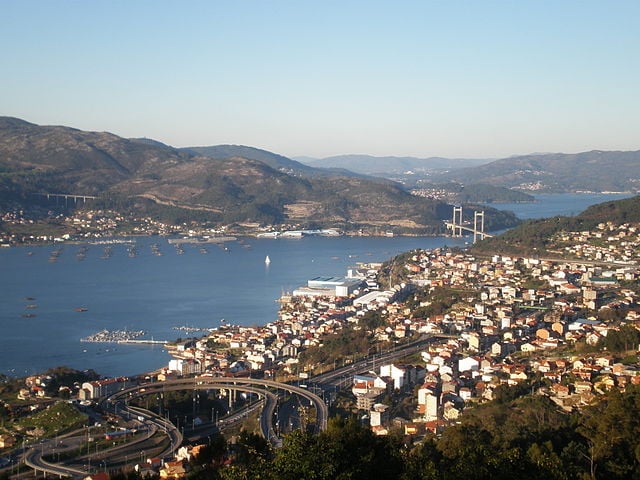
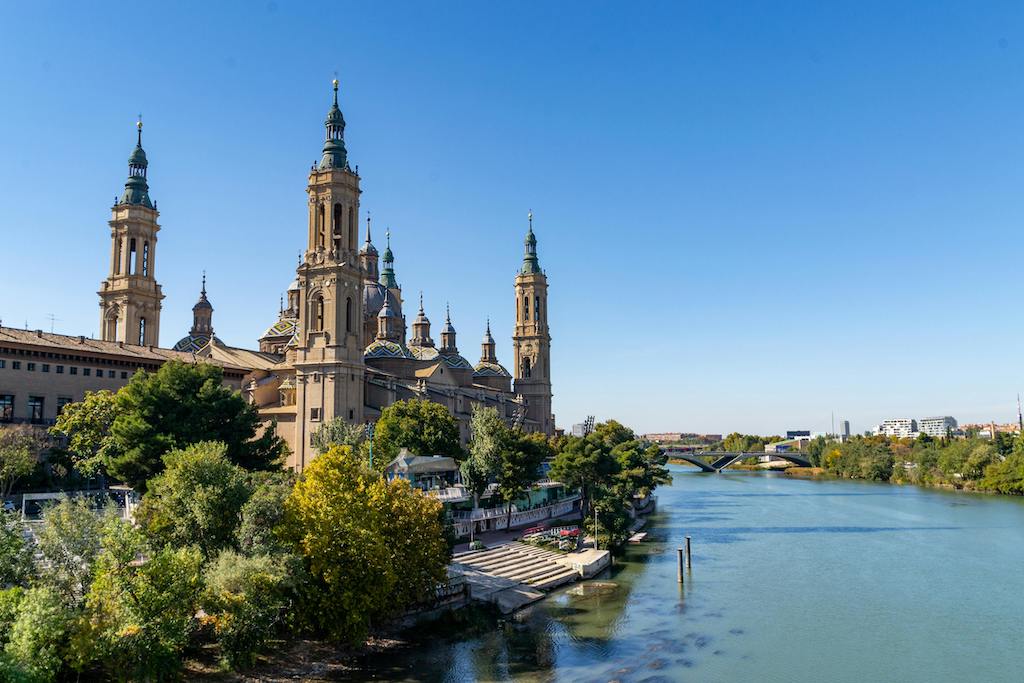
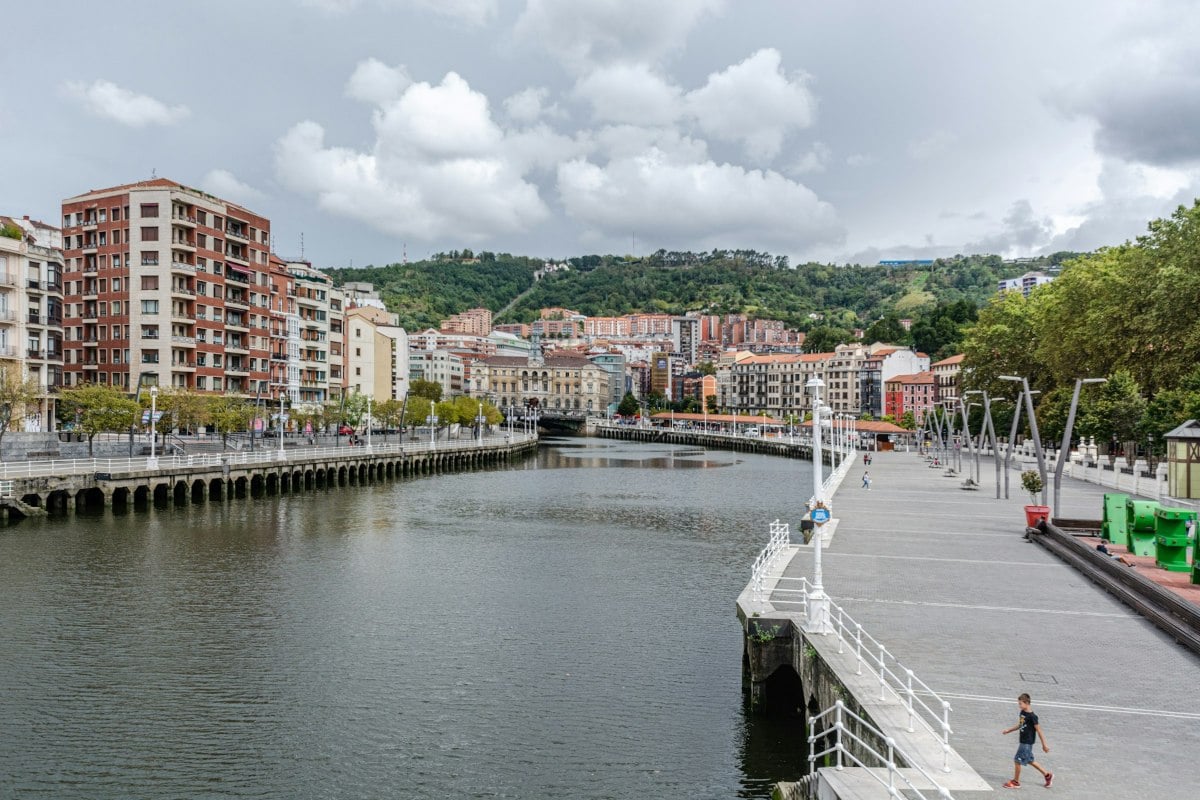


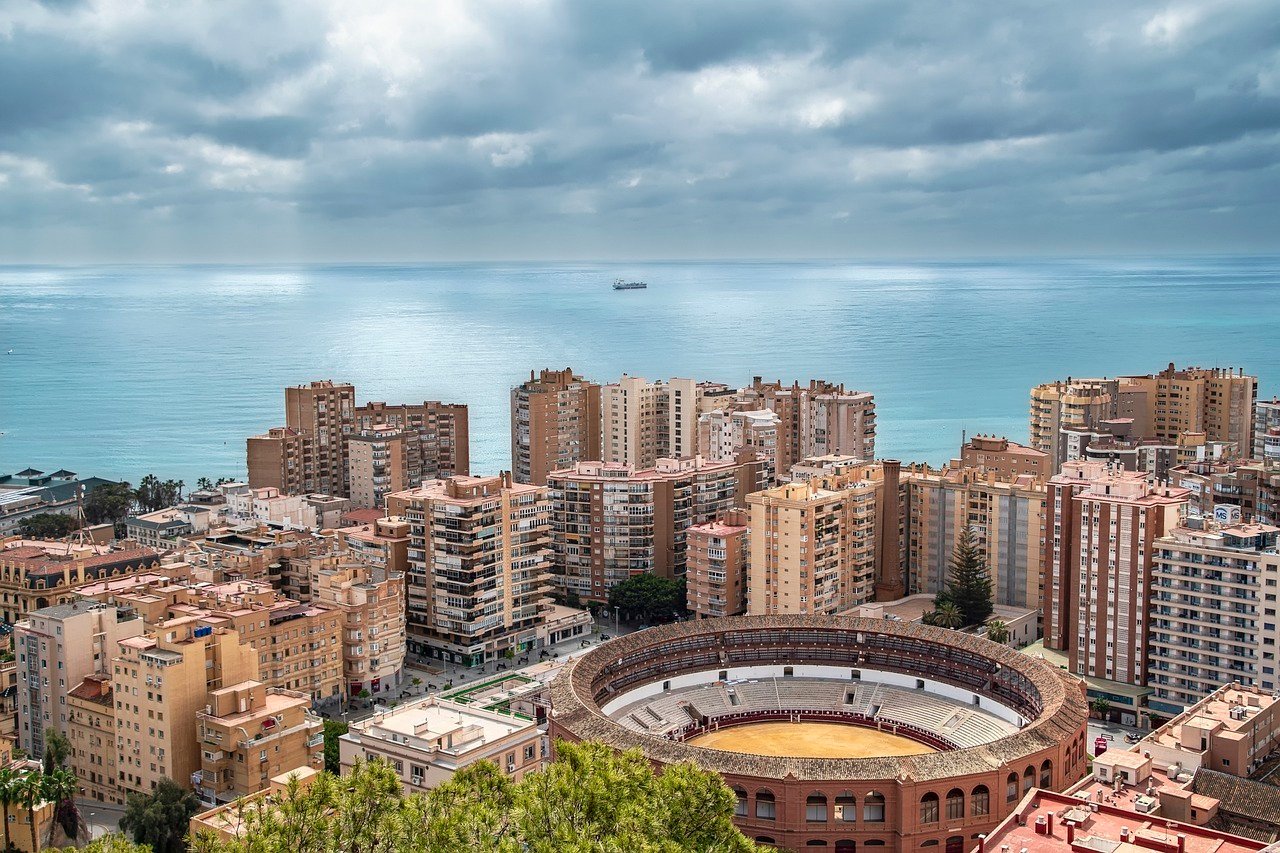


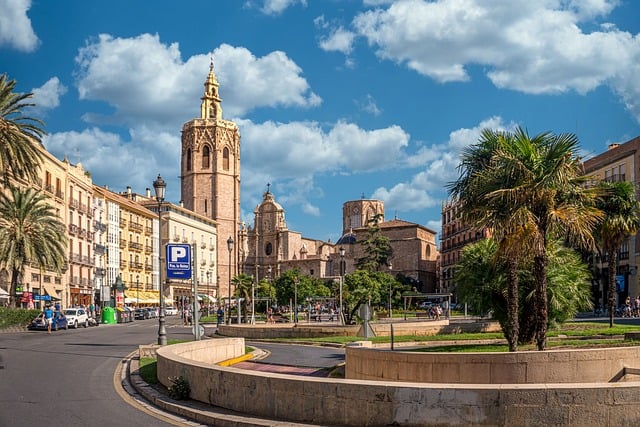
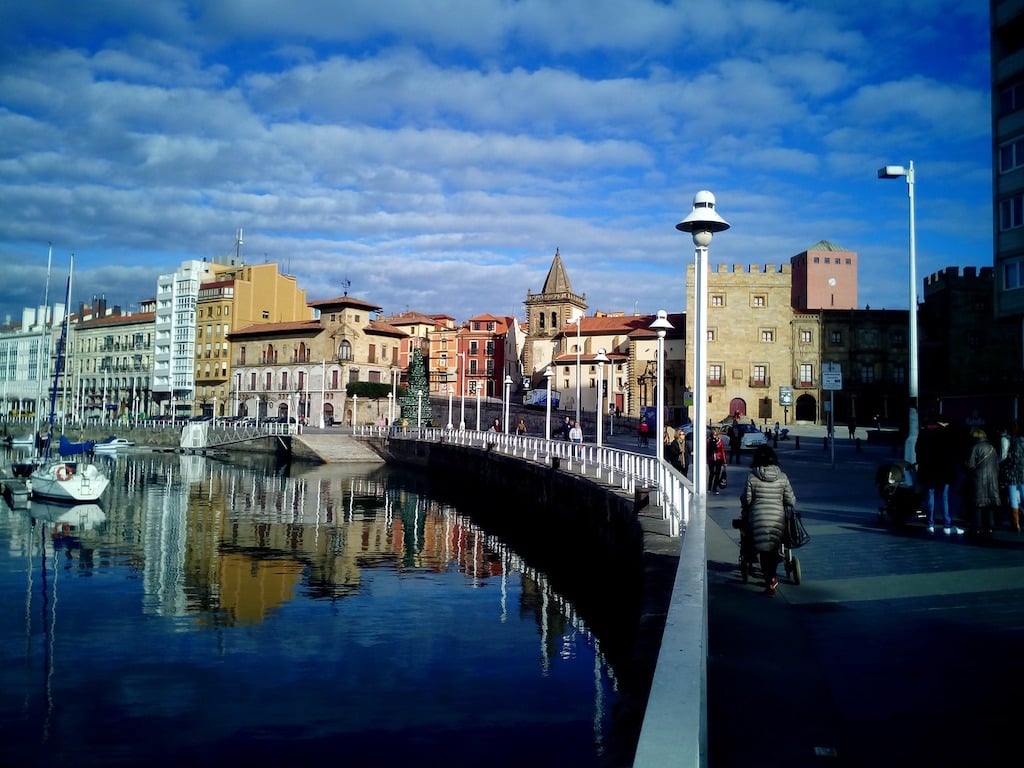
 Please whitelist us to continue reading.
Please whitelist us to continue reading.
Member comments